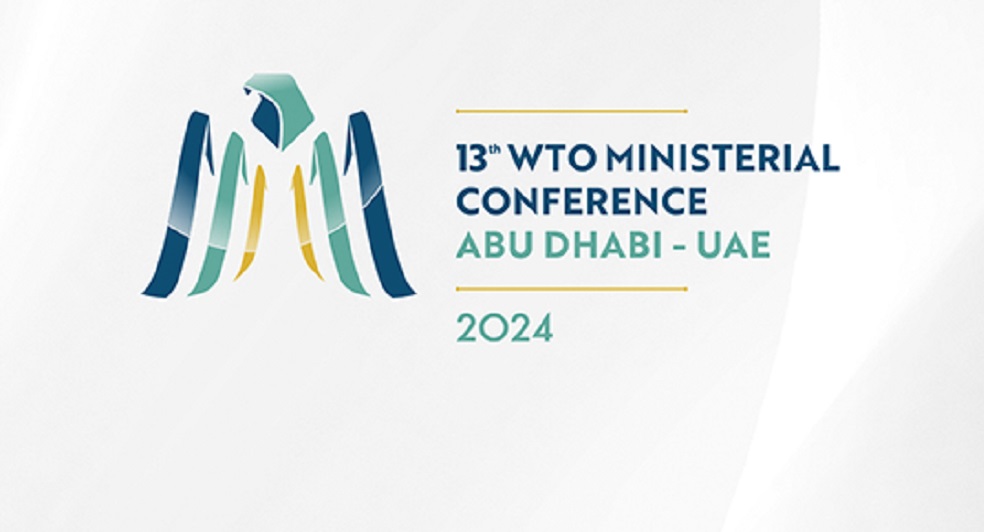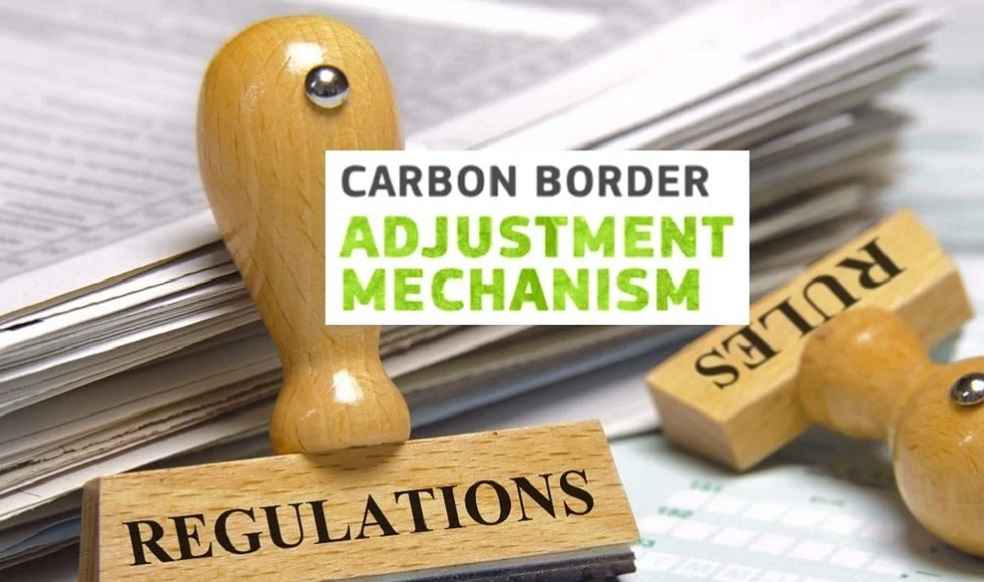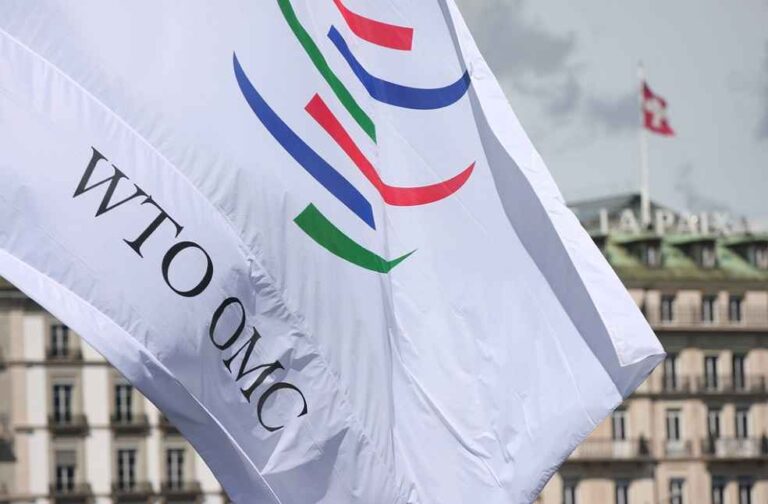India prepares to challenge the developed world’s efforts to embed non-trade matters like labor and environmental standards into World Trade Organisation (WTO) discourse. This stance will be prominently presented at the 13th ministerial conference of the WTO, set for Abu Dhabi at the month’s end.
India’s position underscores a rejection of attempts by advanced nations to weave issues such as women’s economic empowerment into the WTO framework, advocating for these topics to remain within specialized United Nations forums.
A high-ranking official underscored India’s willingness to engage in dialogues promoting sustainable development, provided these do not undermine the nation’s trade rights and obligations. The official, seeking anonymity, stated, “Issues like environment and labour are non-trade issues. These are non-negotiable at WTO.”

This perspective signals apprehension that adopting such standards could enable developed countries to impose import restrictions on developing nations, citing non-compliance with these proposed norms.
The European Union (EU), having already instituted measures like the Carbon Border Adjustment Mechanism (CBAM), grants member states the authority to levy import duties surpassing WTO commitments. Alongside CBAM, the EU’s regulations aimed at curbing deforestation specifically impact agricultural exports to the bloc.
India, alongside WTO members such as China, Russia, and Brazil, has voiced opposition to using environmental concerns as a pretext for protectionism. These measures, they argue, could contravene WTO regulations and destabilize the principles of international law by favoring unilateral decisions over collectively negotiated agreements.

The upcoming Abu Dhabi conference will convene trade ministers from 164 countries to deliberate on pivotal subjects, including agriculture, digital commerce, fisheries, and patents pertinent to health crises. The WTO’s General Council, convening on February 14th, will determine the agenda for this ministerial gathering, potentially shaping the trajectory of global trade norms.
India’s dialogue with the EU regarding the CBAM illustrates proactive measures to shield domestic sectors from potential repercussions, while navigating the intricacies of adherence to emerging environmental directives.
BUSINESS GENERAL | Oil Prices Gain on Steady U.S. Production, Inventory Insights and Mideast Unrest



